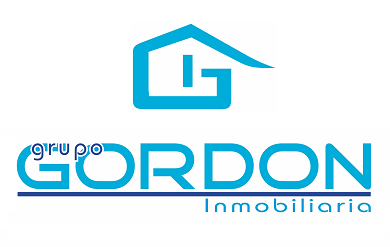Approval of the directive on energy efficiency in buildings 08/10/2024

Last March, the European Parliament approved the directive on energy efficiency in buildings. This document has the mission of achieving a reduction in energy consumption and, therefore, emissions into the atmosphere. To this end, the text includes guidelines for future constructions and the review of existing buildings.
At Grupo Gordon , we are committed to building a greener and healthier tomorrow for our community. That is why today we are going to report on the latest advances in energy efficiency that are transforming the construction landscape in the European Union.
A plan for the future
The aim of the new directive, which updates old documents from 2018 and 2010, is to make buildings climate-neutral by 2030. The deadline is reduced by two years (2028) for buildings that are publicly owned.
This milestone marks a crucial step towards reducing greenhouse gas emissions and excessive energy consumption in the construction sector, thus contributing to mitigating climate change.
According to data from the European Commission, buildings in the EU are responsible for a large part of our energy consumption and GHG emissions. This legislation will not only help reduce energy bills, but will also address the underlying causes of energy poverty, thus promoting a more equitable and sustainable environment for all.
Main guidelines
One of the highlights of this new directive is the gradual elimination of fossil fuel boilers by 2040. This means that we are heading towards a future where cleaner, renewable energy sources will be the norm for heating and cooling our homes and buildings. Aerothermal, solar or geothermal energy will be the options to consider in new property developments in the coming years . To encourage this cleaner energy production, subsidies for independent fossil fuel boilers will be removed.
For residential buildings, EU Member States will have to implement measures to ensure a reduction in average primary energy consumption of at least 16% by 2030, and between 20% and 22% by 2035.
For non-residential buildings, Member States must commit to renovating at least 16% of the least efficient non-residential buildings by 2030, and increasing this percentage to 26% by 2033, by applying minimum energy efficiency standards.
If technically and economically feasible, countries will be required to gradually implement solar systems in public and non-residential buildings, adjusting the size of these installations according to the dimensions of the building. It will also be mandatory to incorporate solar systems in all new residential buildings by 2030.
In the case of the sales and promotions coverage areas that we work in at Grupo Gordon , this translates into a push towards the construction of climate-neutral buildings, with stricter requirements regarding energy efficiency and the use of renewable energy sources.
From our real estate agency in Sanxenxo we make sure that all our homes for sale comply with all these energy standards in order to offer not only the best for our clients, but also to have a cleaner planet tomorrow.
